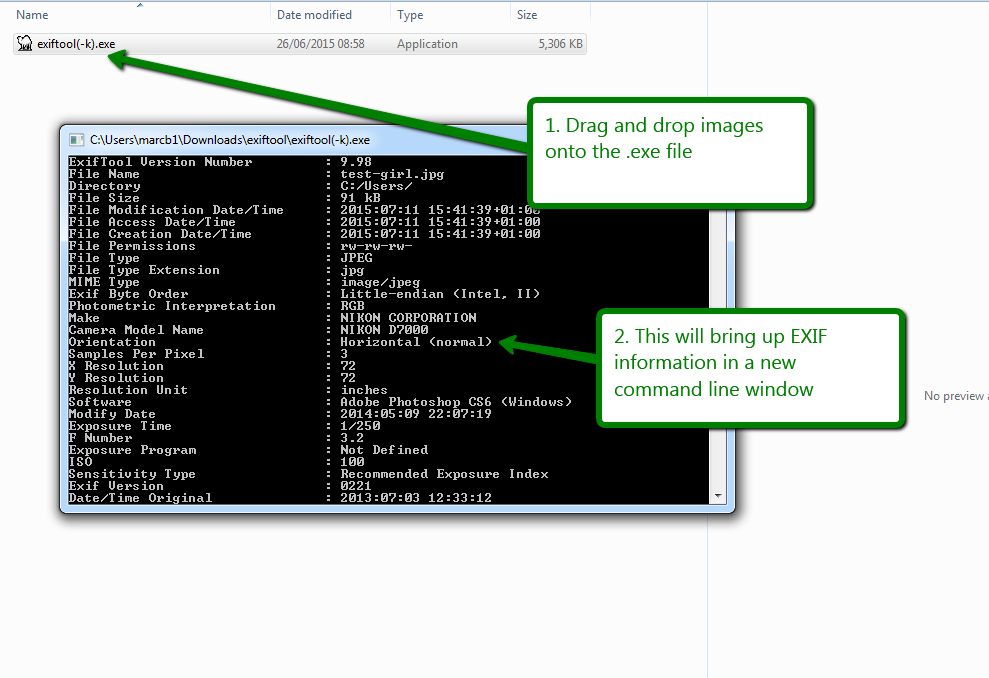

Most of it is just things grep needs to run, but those last 4 lines are directories and the file grep is currently reading ( /var/lib/dpkg/info/systemd.md5sums in this example).
#Mac program for grep mac os x
Grep 21531 izkata 4r REG 253,1 35765 22156714 /var/lib/dpkg/info/systemd.md5sums Mac Os X Grep Regex If you are new to this blog we use the Mac’s OS X kernel Terminal program to explore command line nix functionality- So fire up your Terminal program Still looking at the grep man pages and discovered the ‘-m’ argument. It is built-in with fast data exploring filters. Grep 21531 izkata 1u CHR 136,8 0t0 11 /dev/pts/8 Grep is a navigational-based utility that allows users to sort out various regular expressions from plain text with unparalleled matching specifications, specially developed for the Unix operating system along with Unix & OS-9 mergers after launching. Then list every open file of that process: $ lsof -p 21531ĬOMMAND PID USER FD TYPE DEVICE SIZE/OFF NODE NAME This can be done at a point in time with lsof, even on an already-running grep, though it won't continuously print the files as it goes.įirst get the PID of the running grep process: $ pgrep -l grep I don't know what the equivalent would be on macOS. On GNU/Linux, that would be: strace -e open,openat grep -r pattern. Those run one grep per file, so is going to less efficient than a grep -r.Īnother approach wouldbe to use a system call tracer like strace/ truss/ dtruss/ tusc or whatever the equivalent is on your macOS and trace the open() or openat() or whatever system call grep uses to open the files.

Whether grep -r itself looks into symlinks to regular files depends on the grep implementation and version, you may want to double-check with yours. That doesn't look into symlinks to regular files though (GNU find has -xtype f for that, but not FreeBSD's). (where the -t option does the equivalent of xtrace) type f -print0 | xargs -0tn1 grep pattern With GNU or FreeBSD xargs (so hopefully macOS' as well), you could do something similar with: find. (where set -x, short for set -o xtrace prints the command that is being executed on stderr like in all POSIX shells, and **/*(ND-.) looks for all regular files after symlink resolution recursively, including hidden ones). This is probably not overly useful to most people, but I wanted a way to capture the list of apps, as I have over 290 32-bit apps on my machine, and it takes a while to run the System Information report each time.With zsh (which I understand is now the default interactive shell on macOS), you could do: for f (**/*(ND-.)) (set -x grep pattern $f)
#Mac program for grep full
The grep is used to show only the 32-bit applications (the full line reads 64-Bit (Intel): No), and the -B and -A options are added to capture the lines before and after that line in the output. This does the same thing as the System Information app, but it dumps the data in text form the greater-than sign redirects the output to a text file named non64bit.txt, saved to your desktop. Open Terminal, and paste this command: system_profiler SPApplicationsDataType | grep -B 6 -A 2 "(Intel): No" > ~/Desktop/non64bit.txt So here's a geekier solution to generate a list of your 32-bit apps, saved into a text file for easy future reference. But seeing the list is all you can do-you can't easily save the list for future reference, for instance, nor can you copy/paste the info to another app.

#Mac program for grep software
Apple has announced that 32-bit apps have a limited future on the Mac: They'll be fully supported in this fall's High Sierra release macOS' 2018 release ("Really High Sierra") will "aggressively warn" users about 32-bit apps, and I would assume, they won't work at all in the 2019 version of macOS ("That Was My Skull!").īut how do you know which apps on your Mac are 32-bit and which are 64-bit? MacObserver has an article that discusses the easy way, via the System Information app-just look in the Software > Applications section, and you'll be able to see a list of apps and a 64-bit Yes/No column.


 0 kommentar(er)
0 kommentar(er)
